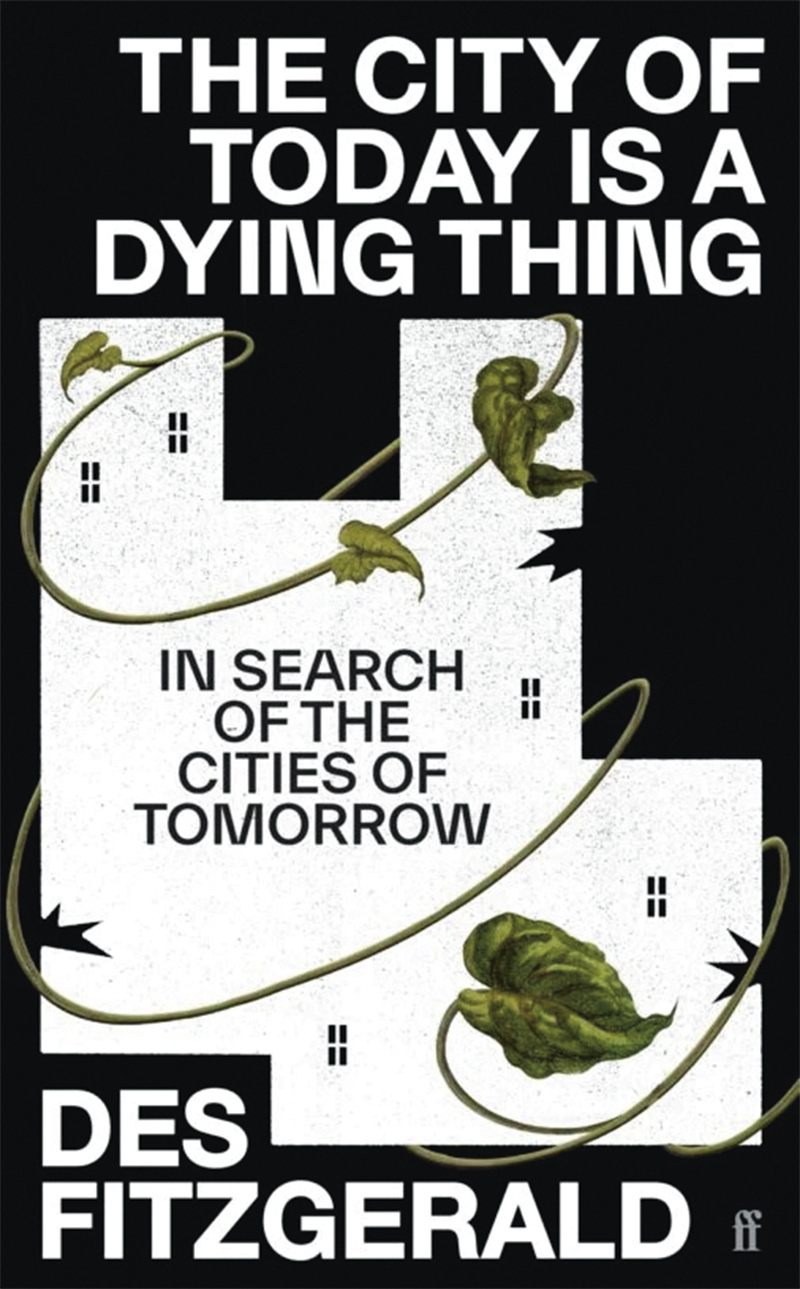Late last summer, I went to Venice to see an exhibition about the future of urban living. The exhibition was focused on The Line, a hyper-futuristic, wholly new city being built in the north-west desert of Saudi Arabia.
To create the space, two enormous, parallel, mirrored walls, each 30 metres high, 200 metres apart, and 170 kilometres long, will be built. In the space between, a city of nine million people is – even now – beginning to take shape. At the show in Venice, promotional material talked about things like ‘enhanced liveability’ and ‘access to nature’. The exhibition featured experimental 3D models, lots of pictures of trees, and a huge, weird demonstration of where ships would dock in The Line (in a huge hole, in the middle, it turns out, like a belly button).
What I couldn’t see, though, was a great deal of interest in where and how, exactly, these nine million people were going to live. Underneath all the talk of ‘hyper connectivity’ and ‘vertical forests’, the rather boring, everyday question of housing was left somewhat dangling.
Your support changes lives. Find out how you can help us help more people by signing up for a subscription
This is odd. If you were to ask people to identify the one major crisis in urban living that a new city might plausibly solve, the first thing many would point to is housing. In many cities today, failure by the market to keep up with a rising demand, as well as regulators’ inability to ensure that what does get built is meaningfully available at affordable rates, has meant that millions are unable to move beyond often low-quality, small, expensive private rentals at the edges of cities. In 2021/22, for example, about 38,000 new homes were built in London, while the city’s population increased by 130,000 (72,000 of whom were people newly moving there, in addition to births).
This growing pressure is good news for homeowners and landlords. But it’s disastrous for everyone else. The housing charity Shelter points out that beyond issues of supply, homes that do exist are often overcrowded, poorly maintained and unstable. In addition to individual misery, this crisis is ultimately fatal to the very idea of the open and cosmopolitan city. As the sociologist David Madden points out, the worst effects of the housing crisis are ultimately borne by new migrants and members of working-class communities, many of whom are simply pushed out of the city altogether.






